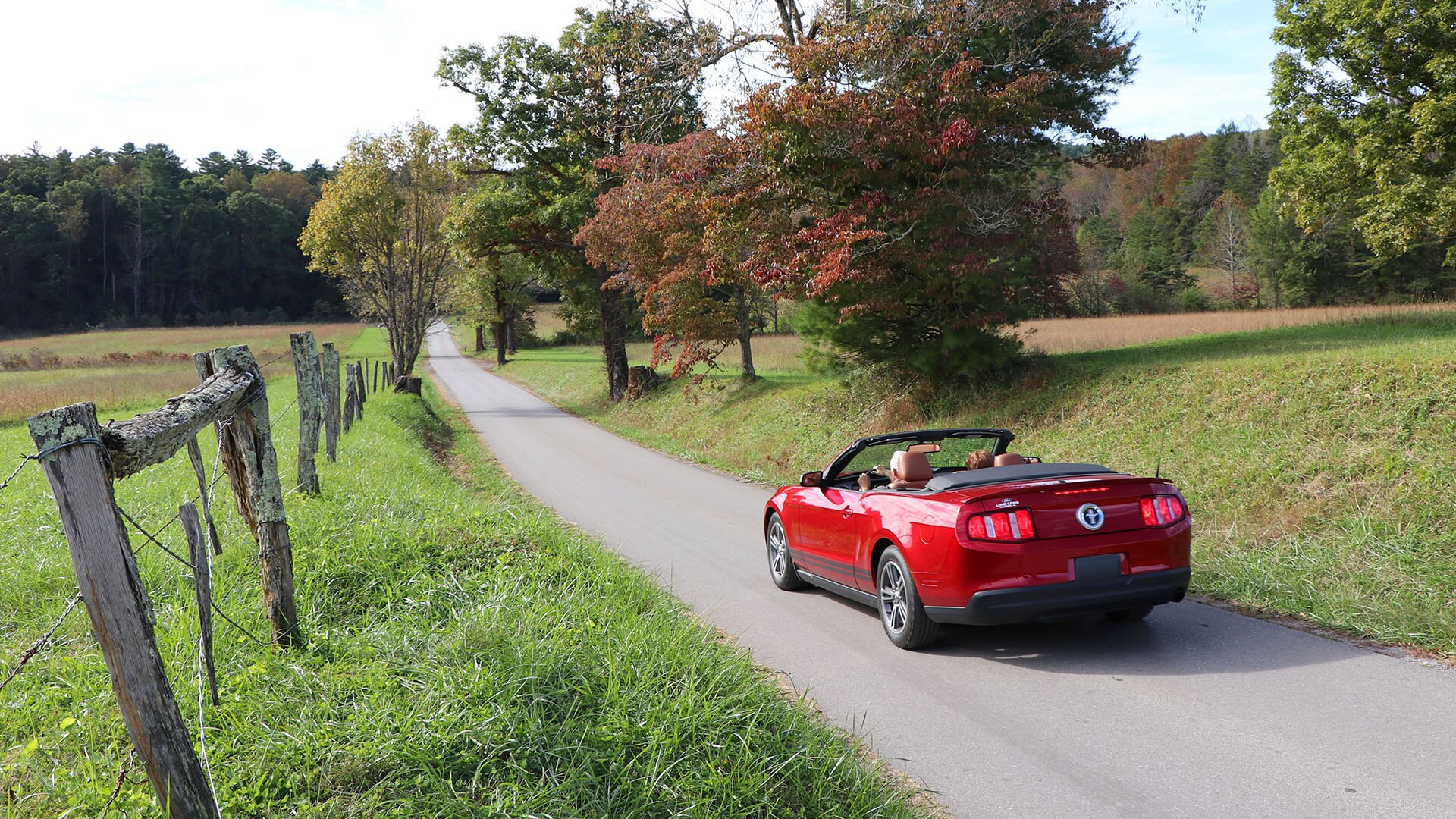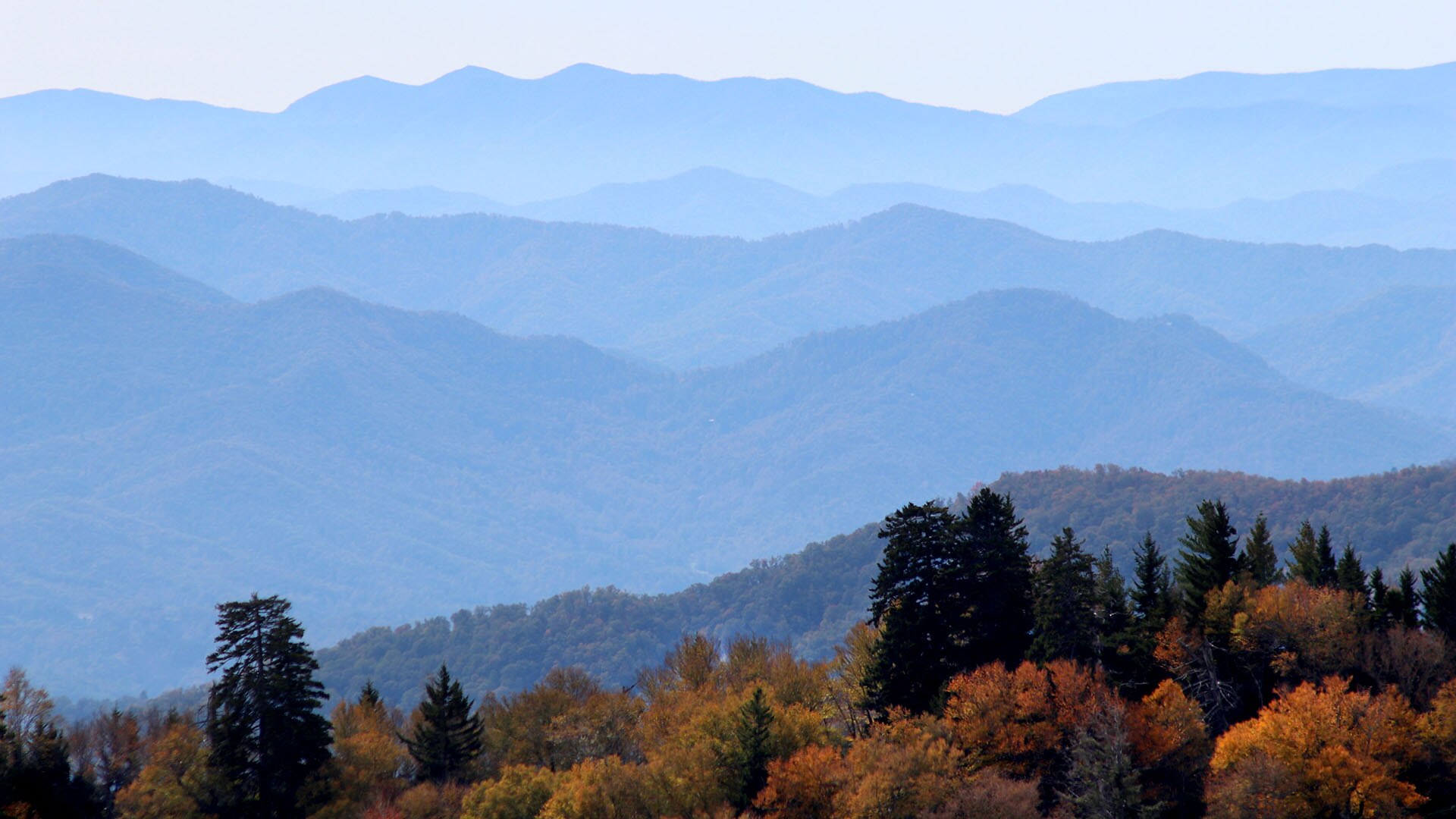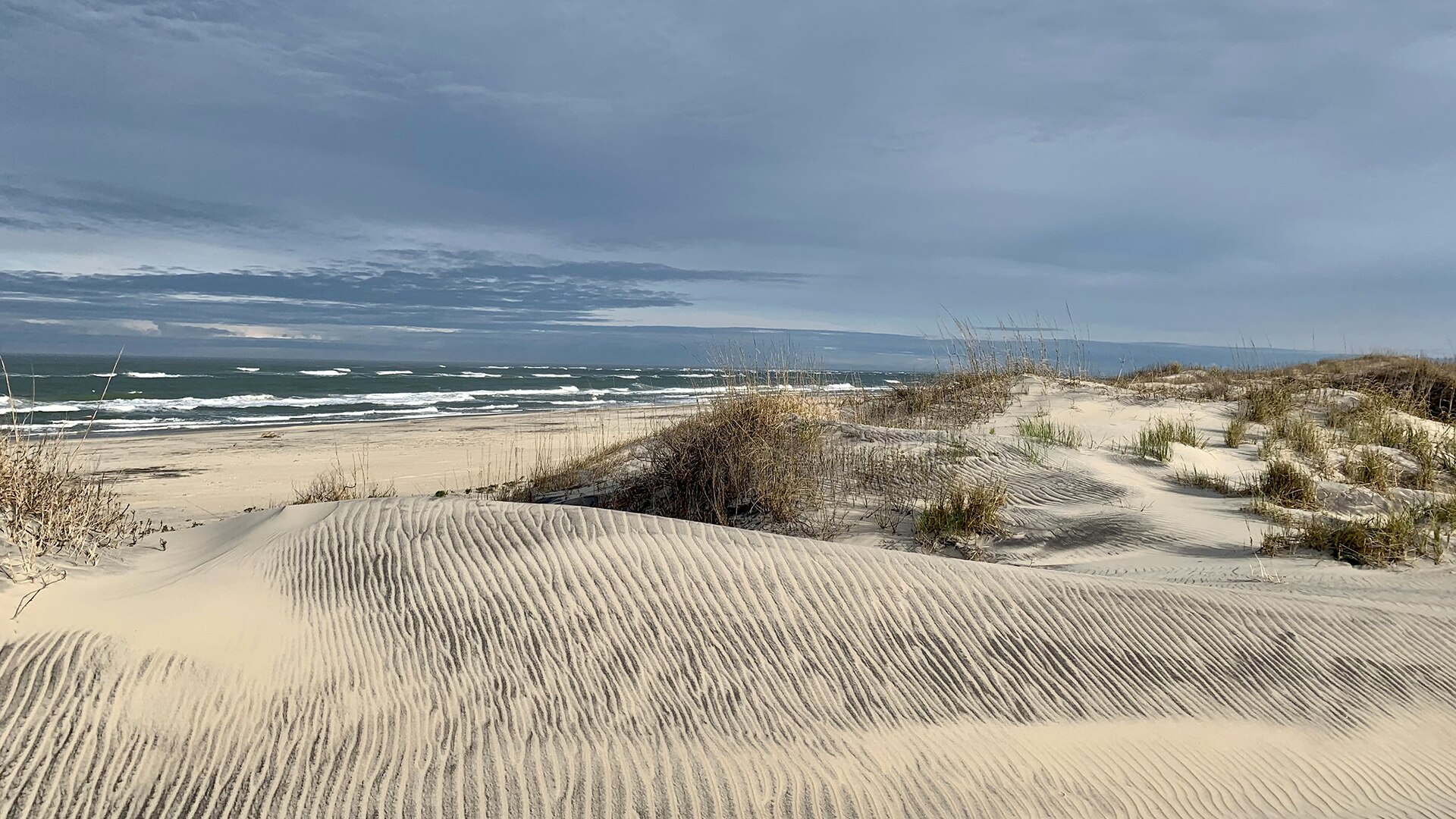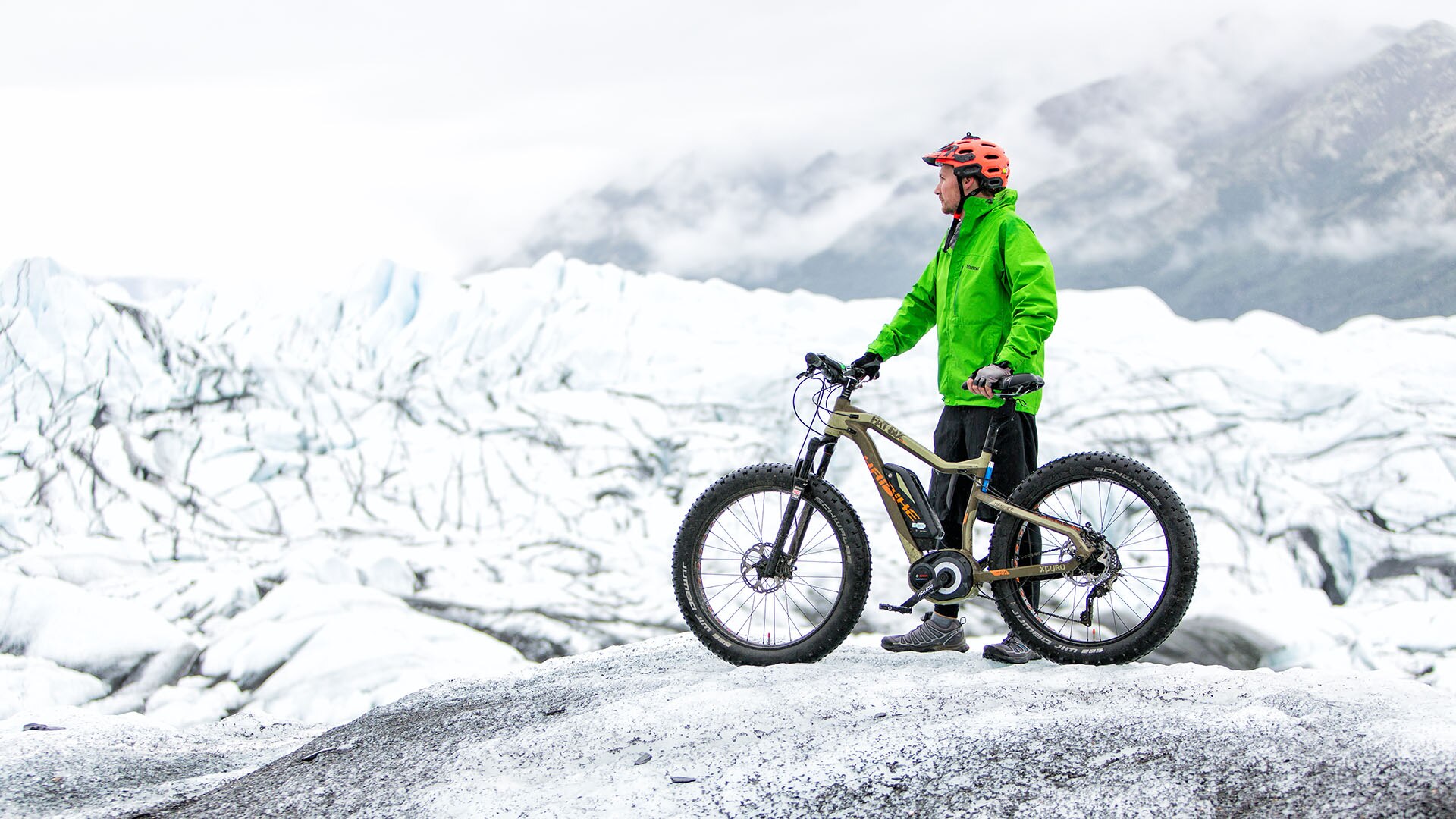Offseason on North Carolina’s Outer Banks

The Oregon Inlet on the Outer Banks is a great place to camp near the Atlantic Ocean.
Story and photos by Rebecca Holland
Rebecca is a freelance travel and food writer based in Chicago. You can find more of her work on Instagram.
In spring, you get the sand dunes and seafood all to yourself.
Just in time for sunrise, we scramble up a 40-foot-high dune and breathe deep, exulting in the soft light and the salty air mixed with the chill of a morning in March. Our dawn ritual at the Oregon Inlet Campground on the Cape Hatteras National Seashore in North Carolina varies considerably from mornings at home in Chicago.
And that’s why we’re here.
For over a year, my fiancé and I had been cooped up at home, working long hours in too few square feet. On top of the normal workload and living through a pandemic, I’d started graduate school in 2020, which added hours of remote classes to my schedule. When spring break arrived, Nathan and I knew we needed to get out. But where to go?
What we had in mind was somewhere not very crowded that we could camp, and a place that would provide a change of scenery from city life. Thinking the Outer Bank's fresh seafood would be just as good and the wind-swept beaches just as beautiful in the offseason as in the summer, we drove the 16 hours from Chicago, giddy to see the ocean.

The author relaxes and while catching up on a good book.

Though the Oregon Inlet campground is just minutes from Highway 12, it feels remote.
North Carolina’s Outer Banks comprise a 200-mile string of barrier islands that separate the Atlantic Ocean from the coastal sounds and inlets. Ten small towns dot the length of the islands, but most visitors stay between Duck and Cape Hatteras, a 70-mile stretch along Highway 12, which is part of the Outer Banks Scenic Byway. The Oregon Inlet Campground is about halfway between the two towns, so it was a perfect base.
In the summer, thousands of people come to the Outer Banks for the beach, but in March the temperature ranges from the high 50s to mid-60s, far too cold to swim. There really wasn’t much to do, and that was part of the appeal. We read books, walked along the water and enjoyed being outdoors and away from home for the first time in so long.

East Coast sunrises are a great way to start the day.

The dunes at Jockey's Ridge State Park are the tallest on the East Coast.
Enjoying Beautiful Views
No matter what time of year you visit, the coastal scenery is a highlight of the Outer Banks. We drove up and down Highway 12 several times, marveling at the drifting dunes and marshes on the south end and the hundreds of colorful homes perched on stilts along the banks.
In Duck, a town of about 600, we perused the Waterfront Shops, boutiques and stores along the Duck Town Park Boardwalk. Many were closed. The owner of Duck’s General Store, where we bought coffee and books, told us business was slow this time of year, but she liked that because she had extra time to chat with customers. Farther south, Nicholas Sparks fans will find the charming homes recognizable from the movie “Nights In Rodanthe,” especially the Inn at Rodanthe, which plays a prominent role.
During a stop at the Cape Hatteras Lighthouse, near Buxton, welearned from a sign that the warm Gulf Stream and the cold Labrador Current collide off the Outer Banks, creating treacherous conditions for ships, so the area is called the Graveyard of the Atlantic. A museum of the same name is about 20 minutes away in Hatteras, but it was closed during our visit.
Though the windy weather is bad for sailors, it’s perfect for pilots. The Wright Brothers picked Kitty Hawk on the north end of the Outer Banks to carry out their first attempt at flight specifically for its consistent breeze. We visited the Wright Brothers National Memorial at Kill Devil Hills, where you can walk the world’s first runway and visit a small museum documenting the brothers’ journey, from working with bicycles to being hailed as “first in flight.”
Nearby, we spent a couple of hours walking the massive 100-foot-tall sand dunes at Jockey’s Ridge State Park. From the top, you can gaze across both the ocean and Roanoke Sound. It felt a world away from Chicago, and reminded us how many diverse landscapes exist in the U.S.

The Wright Brothers National Memorial features a replica of the plane that flew on December 17, 1903.

Soft shell crabs are a local delicacy in the Outer Banks.
Eating Local Specialties
All that trudging through sand made us hungry. My favorite part of traveling is eating food I don’t often get at home, and I wasn’t about to pass up the opportunity to eat all the seafood I could get.
We feasted on soft-shell crab from I Got Your Crabs Shellfish and Oyster Bar in Kitty Hawk, some of the best conch fritters I’ve ever had at Tortugas Lie in Nags Head and a perfectly battered fish sandwich at Kill Devil Grill in Kill Devil Hills. For the most part we ordered food to go and ate on benches or at our campsite, but at a couple of places with outdoor seating, we enjoyed the experience of eating at the restaurants. Miller’s Waterfront Restaurant in Nags Head has a patio with a gorgeous view of the Albemarle Sound and serves an excellent crab cake and local oysters.
The beverages at Outer Banks Brewing Station in Kill Devil Hills, the first wind-powered brewery in the U.S., proves that constant breeze is good for both flight and beer. Duck Donuts, the rapidly growing chain, started in Duck in 2007. I had to see what all the fuss is about and, well, it’s valid. Hot doughnuts made to order are hard to beat for breakfast. We went classic with chocolate frosting and sprinkles.
After four days of making the most of our offseason getaway, we were sad to leave as we drove back over the five-mile bridge to the mainland, but we remained rejuvenated by the salty air, our walks on the sand and the chance to eat so much delicious fresh seafood. And while visiting the Outer Banks in the offseason is a different experience from spending time there in the summer, it’s one I would happily repeat.

The Duck Town Boardwalk features coffee shops, boutiques and a general store.
Related
Read more stories about North Carolina.
- Road Trip to 5 Midsize Cities With Thriving Art Scenes
- Great Places to Run in the U.S.
- Searching for Treasures in Asheville, North Carolina
- Cades Cove Scenic Drive is a Trip Back in Time
- Driving Through The Smoky Mountains: Planning Your Road Trip
- Offseason on North Carolina’s Outer Banks
- Cold Weather Destinations





